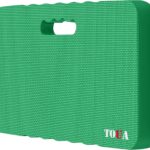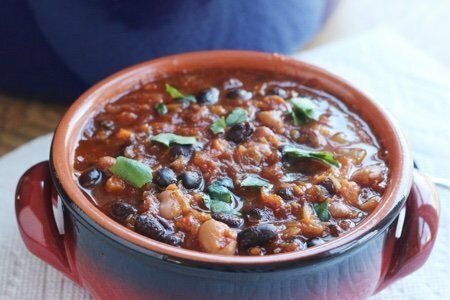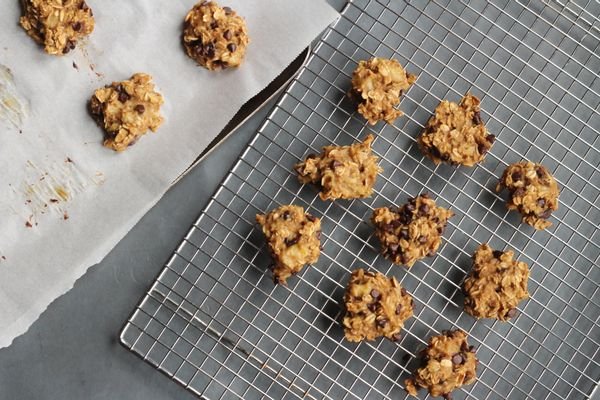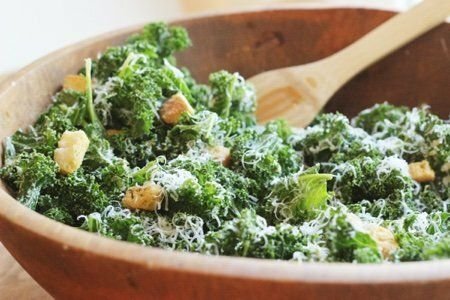In today’s fast-paced world, maintaining a healthy diet is more important than ever. With so many food options available, it can be overwhelming to decide what to include in your diet. A well-balanced diet not only fuels your body but also enhances your mental clarity and overall wellbeing. In this article, we present an ultimate diet food list that will help you nourish both your body and mind.
Fruits: Nature’s Candy
Fruits are packed with vitamins, minerals, and antioxidants. They are low in calories and high in fiber, making them an excellent choice for anyone looking to maintain a healthy diet.
- Apples: High in fiber and vitamin C, they are great for digestion.
- Berries: Blueberries, strawberries, and raspberries are rich in antioxidants and support brain health.
- Bananas: A great source of potassium, they provide instant energy.
- Citrus Fruits: Oranges, lemons, and grapefruits are high in vitamin C and help boost your immune system.
- Kiwis: Packed with vitamins K, E, and C, they support digestive health.
Vegetables: The Powerhouses
Vegetables should be a significant part of any diet. They provide essential nutrients and are generally low in calories.
- Leafy Greens: Spinach, kale, and Swiss chard are nutrient-dense and high in antioxidants.
- Cruciferous Vegetables: Broccoli, cauliflower, and Brussels sprouts are known for their cancer-fighting properties.
- Bell Peppers: High in vitamin C and antioxidants, they add color and flavor to meals.
- Carrots: Rich in beta-carotene, they support eye health.
- Sweet Potatoes: A great source of fiber and complex carbohydrates, they provide sustained energy.
Whole Grains: The Source of Energy
Whole grains are an excellent source of fiber, which aids digestion and helps keep you feeling full longer.
- Quinoa: A complete protein, it’s rich in amino acids and fiber.
- Brown Rice: High in magnesium and beneficial for heart health.
- Oats: Full of soluble fiber, they can help lower cholesterol levels.
- Whole Wheat Bread: A healthier option compared to white bread, providing more nutrients.
- Barley: A grain high in fiber, which helps regulate blood sugar levels.
Proteins: Building Blocks of Life
Incorporating protein into your diet is crucial for muscle repair and overall health.
- Lean Meats: Chicken and turkey are low in fat and high in protein.
- Fish: Salmon, mackerel, and sardines are rich in omega-3 fatty acids.
- Legumes: Beans, lentils, and chickpeas are excellent plant-based protein sources.
- Nuts and Seeds: Almonds, walnuts, flaxseeds, and chia seeds are packed with healthy fats and fiber.
- Eggs: A complete source of protein, they’re versatile and nutrient-rich.
Dairy and Dairy Alternatives
Dairy products are rich in calcium and vitamin D, important for bone health.
- Greek Yogurt: High in protein and probiotics for gut health.
- Low-Fat Milk: A good calcium source; alternatively, consider almond or soy milk.
- Cottage Cheese: High in casein protein, it helps with muscle recovery.
- Cheese: In moderation, it can provide essential nutrients.
- Fortified Plant Milks: Many alternatives are fortified with calcium and vitamins.
Healthy Fats: Necessary for Body Function
Healthy fats are essential for brain function and heart health.
- Avocados: High in monounsaturated fats and fiber, they contribute to heart health.
- Olive Oil: A cornerstone of the Mediterranean diet, rich in healthy fats.
- Coconut Oil: Contains medium-chain triglycerides that may boost metabolism.
- Nut Butters: Peanut, almond, and cashew butters are great sources of healthy fats.
- Fatty Fish: Besides being a protein source, fish also provides omega-3 fatty acids.
Conclusion
A balanced diet is vital for nourishing both the body and mind. Including a variety of fruits, vegetables, whole grains, proteins, and healthy fats ensures that you get the essential nutrients needed for optimal health. Making small, consistent choices can lead to long-lasting results. Always remember to stay hydrated and practice mindful eating for the best outcome.
FAQs
1. How can I start incorporating these foods into my diet?
Start by adding one or two food items from each category to your meals. Gradually replace processed foods with healthier options.
2. Can I eat all these foods if I’m trying to lose weight?
Yes, these foods are generally low in calories and high in nutrients, which can help you feel full while losing weight. Moderation and balance are key.
3. Are there any foods I should avoid entirely?
Avoid processed foods high in sugars and trans fats. Instead, focus on whole, unprocessed foods as much as possible.
4. How can I ensure I’m getting enough protein on a plant-based diet?
Include a variety of legumes, nuts, seeds, and whole grains in your meals to ensure you’re meeting your protein needs.
5. Should I consult a dietitian for personalized advice?
Yes, a registered dietitian can offer tailored advice based on your unique health goals and dietary needs.
















